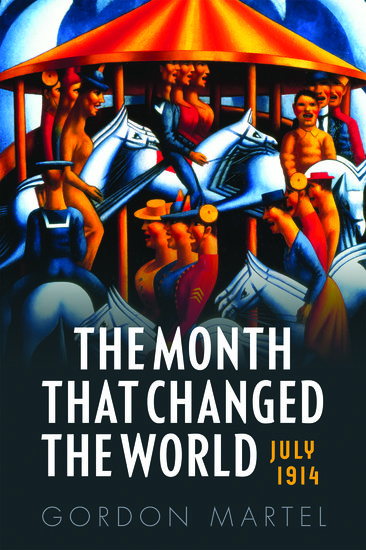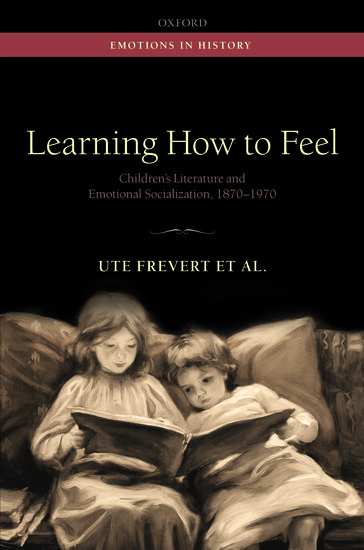The month that changed the world: Friday, 31 July 1914
By Gordon Martel
Although Austria had declared war, begun the bombardment of Belgrade and announced the mobilization of its army in the south, negotiations to reach a diplomatic solution continued.



